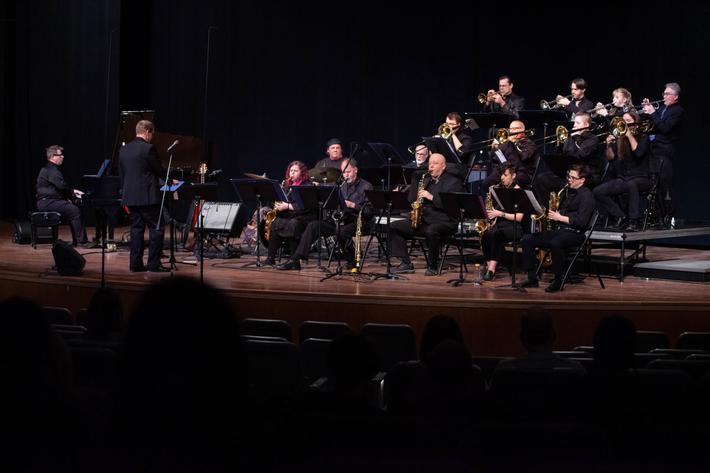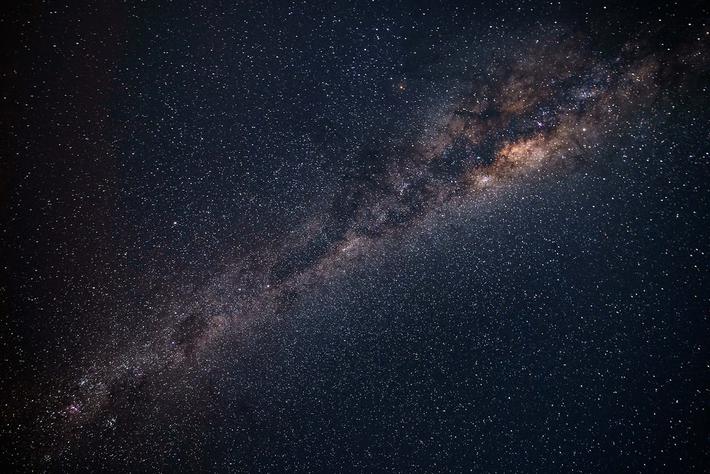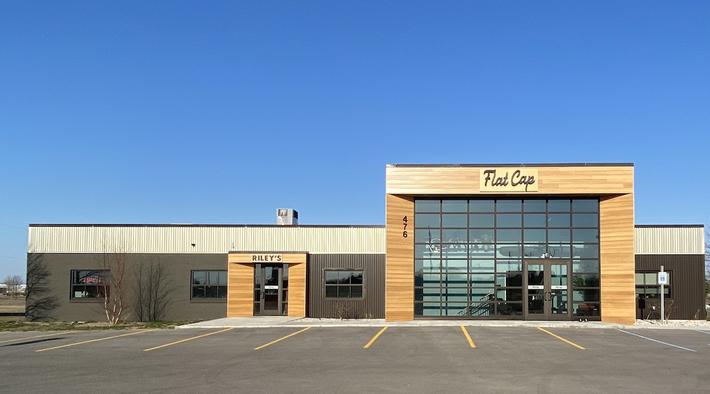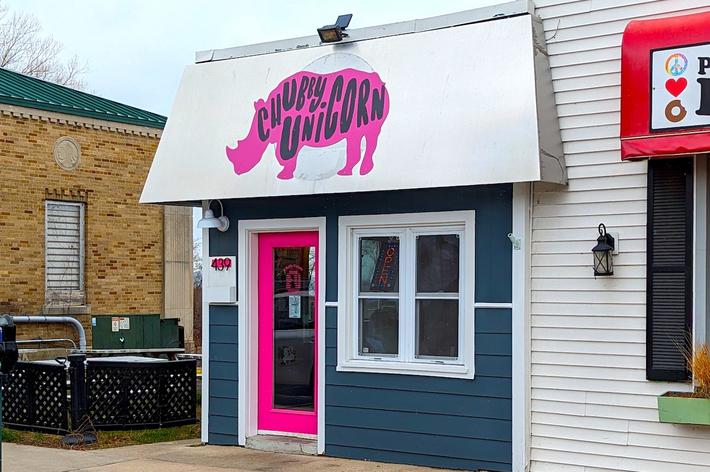Helping the Middle East
Sept. 3, 2015
A tragedy of historic proportions has been unfolding in Syria and Iraq for over four years. Estimates of the number killed range to as many as 330,000, with over 1.5 million wounded and about 7 million driven from their homes as “internally displaced persons” or refugees.
Scores of men, women and children are risking their lives on flimsy boats in desperate attempts to safety reach Europe, all too often ending in drowning or death in the airless holds of makeshift vessels. Truckloads of victims of these Middle Eastern civil wars are turning up on roadways in Europe. Last week, 71 souls – dead of asphyxiation – were discovered in a vehicle abandoned by traffickers on an Austrian motorway.
Our politicians are engaging in loose and muscular talk about what they would do to deal with ISIS and the Assad regime if they were in the White House. Mostly their knowledge is as sketchy as their proposed solutions. Almost nothing is said about what should be done about the humanitarian disaster unfolding before our eyes.
Who
are the people caught in this nightmare? Why are they choosing the
perils of dangerous journeys at the hands of unscrupulous
peopletraffickers?
Actually, we know some of their relatives, though we may be unaware of their ties to the current crisis. Generations of Iraqis, Syrians and Lebanese have been coming to Michigan since the late 19th century and Detroit was the place of refuge they first sought. The earliest to come were mainly Christians; later, waves of Muslims arrived.
Like so many immigrant groups, they faced language and cultural hurdles, hostility and even violence. The Arab-American newcomers opened small businesses, established places of worship, struggled to pay for the education of their kids and gradually became the leaders of flourishing ethnic communities.
How well have they done? Today, 17 percent of Arab Americans have a post-graduate degree, which is nearly twice the national average of nine percent. Mean income for Arab American households is 8 percent higher than for non- Arab households. In other words, they’ve become an enormous asset to our country and our state; educationally, economically and – by bringing their diverse histories, customs and cuisines – culturally.
If this is all a little surprising, watch the free movie online by Rashid Ghazi called, Fordson: Faith, Fasting, Football. Michael Moore previewed it a few years ago at the TC Film Festival. It gives a glimpse of life within our Arab-American neighbors’ culture.
Arab-American kids playing American football and observing the Ramadan fasting rules (no food or water during daylight hours, despite football practices) are confronted by the reality of anti-Muslim hostility after the 9/11 attacks. The world of Fordson High School (built and named by Henry Ford) was turned upside down by the terrorism of Al Qaida.
These same football-playing Arab-American kids – now adults – are watching current events in the Middle East from a perspective that most of us cannot imagine. Villages taken over by ISIS or bombed by Assad’s air force are just strange place names to most of us. But to many of our Arab-American neighbors, they are familiar parts of a rich family history; one that is now being systematically destroyed in an orgy of violence that shows no sign of abating.
Today’s sizable Chaldean Catholic Christian communities in the Detroit area (and a few hundred here in the Grand Traverse region) trace their roots to immigrants who fled northern Iraq in the beginning of the 20th century. Indeed, 95 percent of Chaldean Americans have ties to a single village called “Telkaif,” which has been occupied by ISIS since July 2014, and from which thousands of Christians have been forced to flee after hundreds were murdered by ISIS thugs.
But it’s fair to ask if the collapse of Syria and Iraq has anything to do with us. Should we do more about the outrages of the “Islamic State” and the Assad regime? The response of most Europeans suggests some answers.
While it’s true that the right-wing Hungarian government is building a wall to keep out refugees, Hungary’s response is an anomaly. In most European countries the reaction has been humane and welcoming. Germany is gearing up to accept 800,000 refugees this year. After a slow start, the European Union is beginning to organize reception facilities and naval patrols to prevent the kinds of tragedies that we have seen in recent months.
Most of these refugees are not seeking to come to the U.S.; they view northern Europe as the preferred destination. The U.S., which at the end of the first Gulf War in 1991 accepted tens of thousands of Iraqis, has now closed our borders to the current flood of desperate people. But that does not mean we should do nothing.
Where some political candidates would urge that we drop more bombs, train more soldiers and deploy more Americans to fight ISIS, I would bet that very few people in those countries would encourage that.
Rather, they need safe havens established for non-combatants. They need more humanitarian support inside the war zones, which could be administered by their own people and guarded by their own militias. They need political support for negotiating ceasefires and for seeking local solutions to at least suspend the violence. They need reconstruction efforts to reopen schools and hospitals.
In other words, they do not need more war and certainly they (and we) do not need an American-led war. We tried that. It didn’t work and it won’t work now. America can and should work with our European allies to create a humanitarian strategy that eases the suffering and perhaps creates a sense of hope that is essential to any eventual political solution. That would place the U.S. in the role of helping people rather than prolonging the violence.
Jack Segal is co-chair, with his wife Karen, of NMC’s International Affairs Forum which reconvenes September 17. He served as a senior US diplomat in the Middle East, at the National Security Council and at NATO and is teaching extended education classes at NMC.
Trending

Springtime Jazz with NMC
Award-winning vibraphonist Jim Cooper has been playing the vibraphone for over 45 years and has performed with jazz artist... Read More >>
Dark Skies and Bright Stars
You may know Emmet County is home to Headlands International Dark Sky Park, where uninterrupted Lake Michigan shoreline is... Read More >>
Community Impact Market
No need to drive through the orange barrels this weekend: Many of your favorite businesses from Traverse City’s majo... Read More >>


